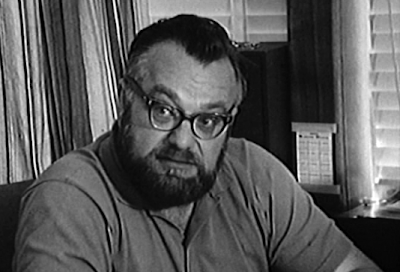Many concepts seem great in theory. Then people get involved, and the
so-called “great idea” rapidly goes to hell.
Communism is a perfect example.
So is Wikipedia.
I applaud the premise behind Wikipedia: an expanding roster of experts
supplying information about the topics they know best. What could go wrong?
Plenty, as it turns out.
Wikipedia’s all-access submission model grants equal credence to anybody
wishing to add, enhance or outright change an entry ... regardless of said
individual’s actual credentials, and, most particularly, regardless of whether
said individual might have an impish streak, or an axe to grind. Thus, some
fantasy fan vexed over the omission of unicorns from a thorough discussion of
equine history can simply add a reference to the horned critters, and hey,
presto! An article of fact has been corrupted forever.
Okay, yes; I give Wikipedia’s “monitors” credit for modest efforts to
weed out egregious examples of that nature. Unfortunately, most errors and
fabrications aren’t that obvious, and therefore don’t get caught; Wikipedia
simply doesn’t have the staff (or the inclination, in my humble opinion) to
fact-check everything ... unlike, say, the folks behind centuries of The
Encyclopedia Britannica, who do
fact-check everything. Or even the editors at your local newspaper, who try
their best to do the same. Information presented as authoritative deserves —
nay, needs — to be vetted. Thoroughly.
Wikipedia authors, upon publication, don’t get vetted by anybody. Worse
yet, mounting anecdotal evidence strongly suggests that the Wikipedia culture
can be biased against efforts to correct untruths. Attempts to do so often anger
those who posted the ludicrous blather in the first place, and they simply
change it back. Make the attempt often enough, and you — the individual
attempting to strike a blow for indisputable fact — risk getting branded a
“troublemaker,” and subsequently blackballed.
Rather than a resource offering reliable information from that theoretical
roster of experts, Wikipedia actually is an Internet outlet for those who shout
the loudest and fight the hardest for “their” version of reality. Hardly the
same.
And in the Internet age, bad information is much, much worse than no
information at all ... because bad information spreads just as rapidly. Indeed,
Wikipedia’s bad information spreads even faster, because this “resource” enjoys
an undeserved reputation as an “authority.”
I’d laugh, if it weren’t so tragic.


